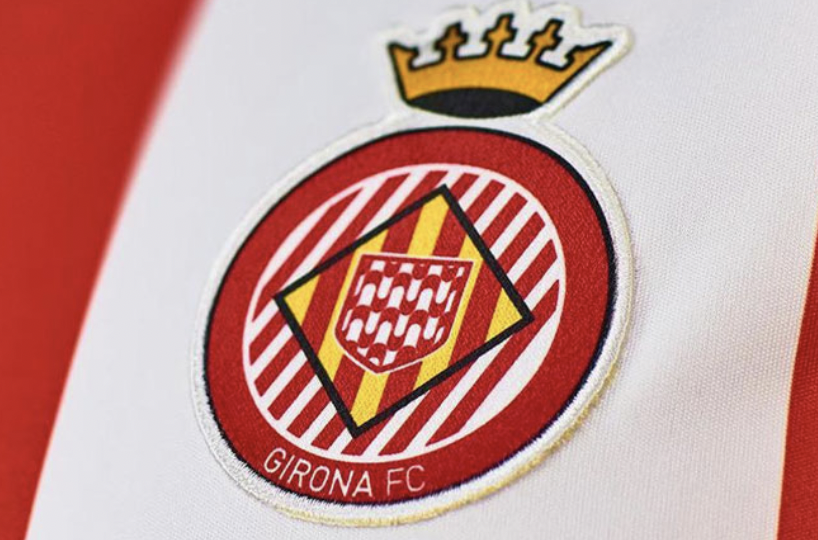February 13 – Manchester City resume their defence of the Champions League tonight with a last-16 visit to Copenhagen.
But already tongues are wagging about what happens next season if Spanish club Girona, part-owned by City’s Abu Dhabi backers, also qualify for the competition.
Girona, part of the City Football Group, look well-placed look to pull off one of the great stories in modern football history as they vie with heavyweights Real Madrid and Barcelona to win La Liga.
Even finishing in the top four could have significant implications because if both they and City qualify for next season’s Champions League, which seems highly likely, the debate around multi-club ownership will re-ignite with venom.
City Football Group’s ownership acquired a 44.3% stake in Girona FC when the club were promoted to the Primera Division in 2017 and that has since been increased to 47%.
UEFA rules do not permit two clubs owned by the same body to compete in the same European competition but the wording is crucial, the rules stating an individual or group cannot have “control or influence” over more than one club playing in the same tournament.
It’s all about nuance. Girona could well co-exist with City in Europe’s top competition as long as they demonstrate that no one from the City Group influences their key decisions.
UEFA has dealt with similar cases in the past, such as the situation with Red Bull Salzburg (Austria) and Red Bull Leipzig (Germany). Both teams have competed in the Champions League this season.
UEFA general secretary Theodore Theodoridis was asked about the situation with City and Girona at a press conference in Paris last week following the UEFACongress.
“When the moment comes, we will reply to you,” was Theodoridis’ brief and cryptic response.
Just an hour or so earlier, however, European football leaders were urged to protect the game from the risk of owners taking control of multiple clubs in a speech by France’s sports minister.
Amelie Oudea-Castera warned the UEFA annual congress of a scenario where “a small number of investors would have control over European football.”
“These are threats to our sporting principles and we need to be vigilant to such threats,” Oudea-Castera said. “We need to recognise the risk to circumventing rules and sometimes the threat to fairness of competitions.”
Contact the writer of this story at moc.l1745270699labto1745270699ofdlr1745270699owedi1745270699sni@w1745270699ahsra1745270699w.wer1745270699dna1745270699

